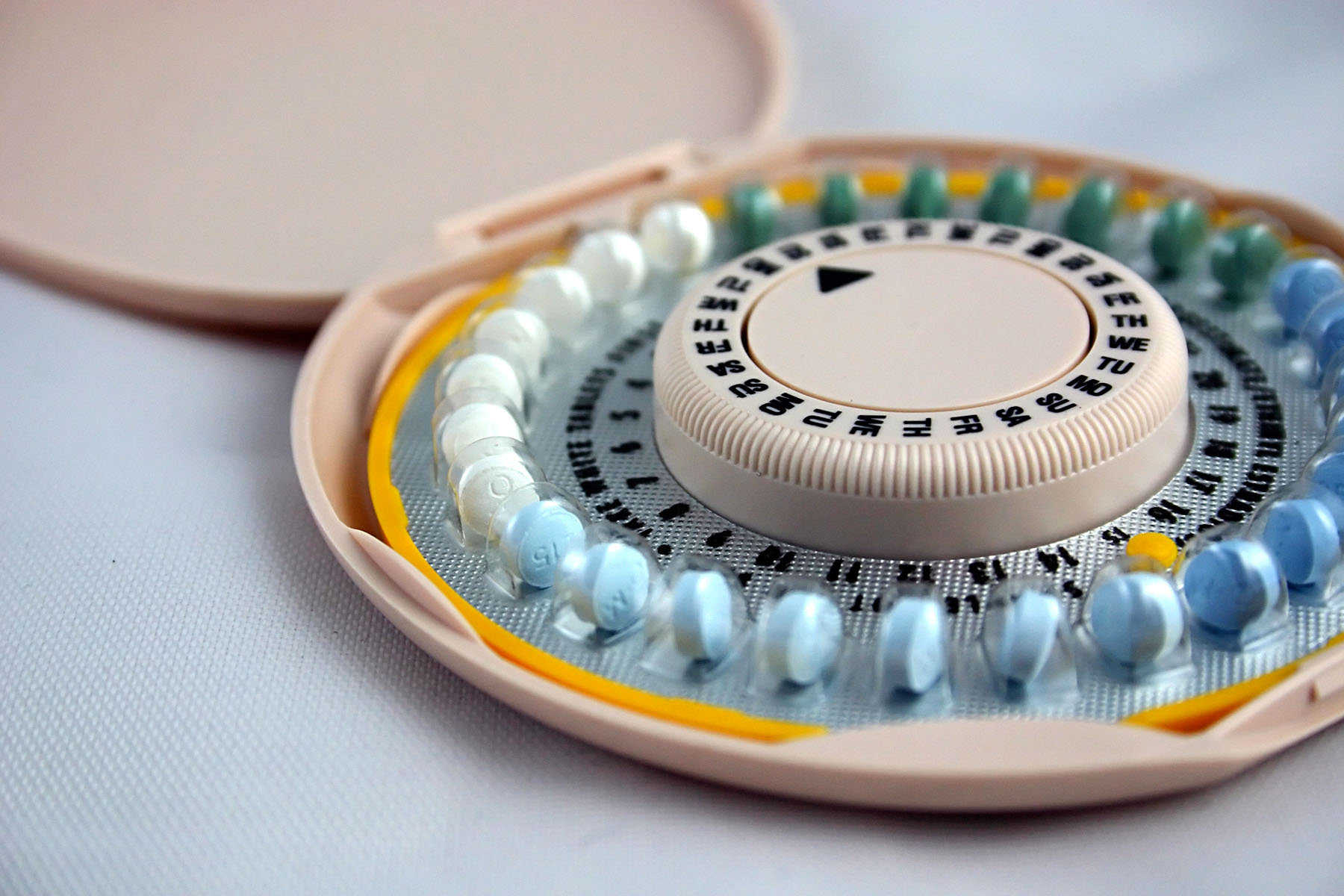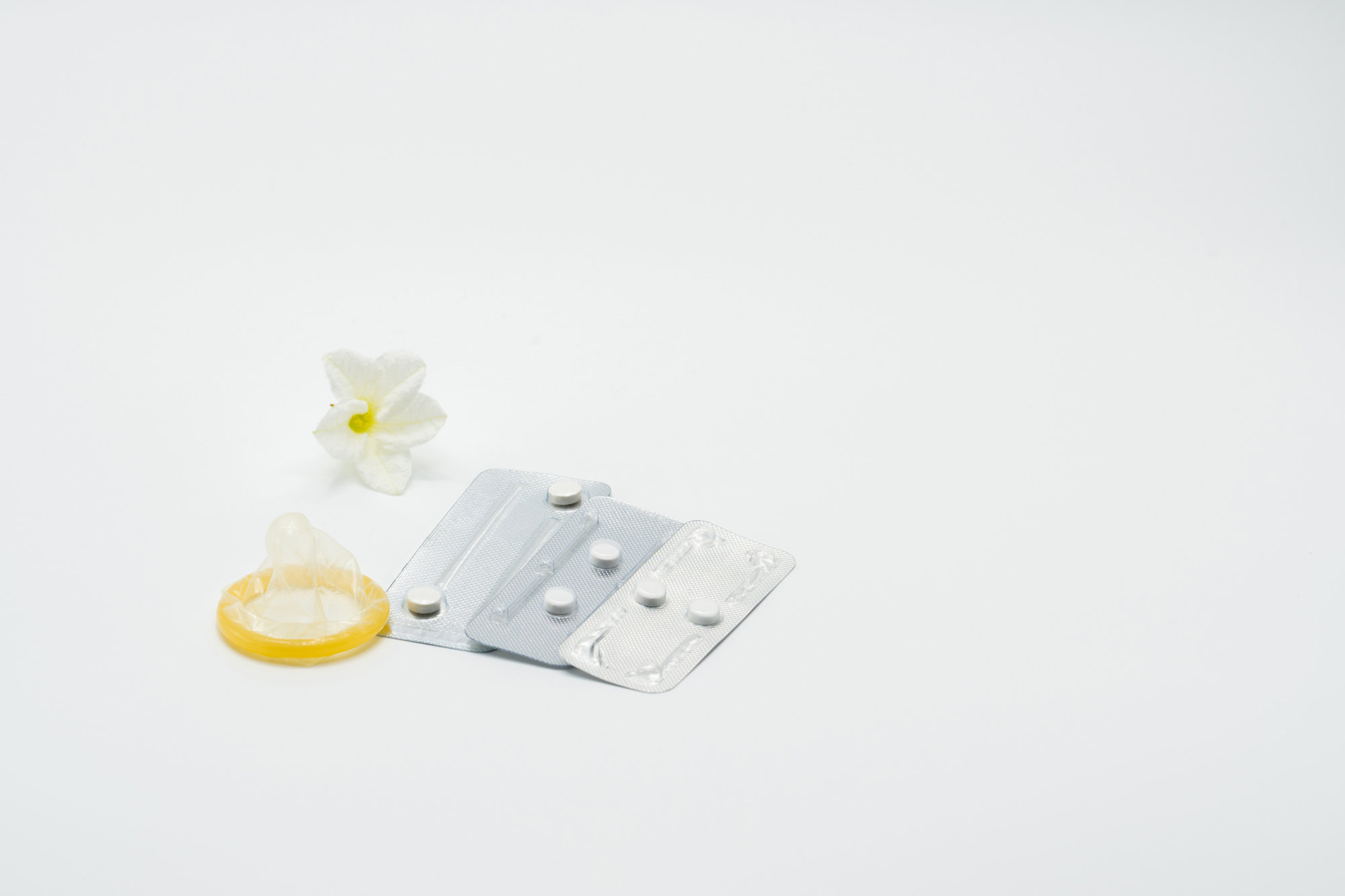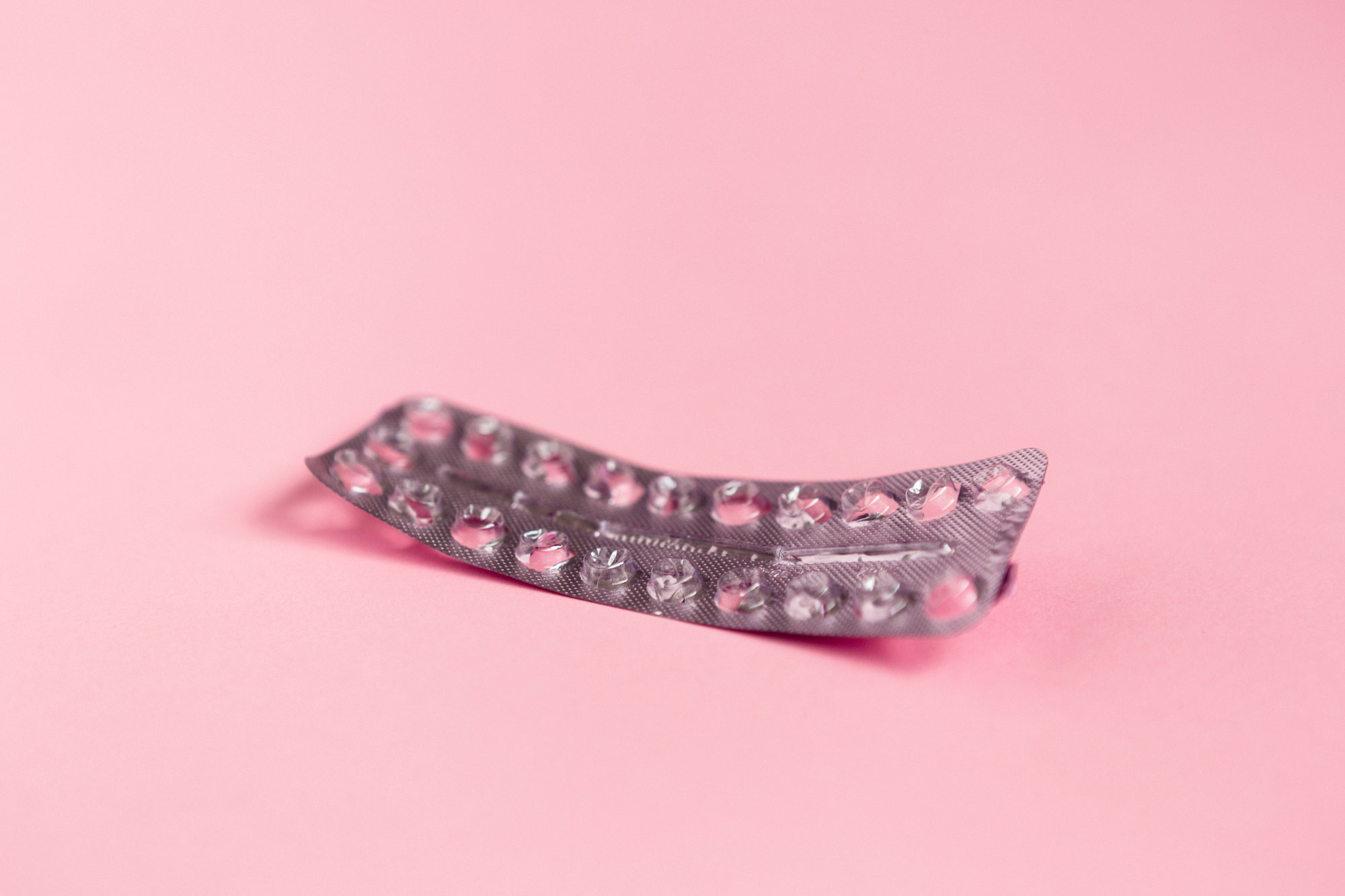With the seemingly endless limitations placed on our accessibility to birth control, the last thing we want to worry about is if our birth control and emergency contraception is actually, well, working.
Unfortunately, many people believe there is indeed a correlation between weight and emergency contraception, like Plan B. And whether you're trying to avoid having a baby or trying to become pregnant, you need to know about it.
The higher your BMI, the less effective your emergency contraception is — maybe.

According to research published in Contraception, Plan B was shown to be less effective in women with a high BMI.
In one of the studies, the hormone in Plan B, levonorgestrel, was in a lower concentration in the bloodstream of women who weighed over 176 pounds. With one dose of Plan B, women over 176 pounds had a 6% chance of pregnancy — about the same as without any birth control at all, according to Dr. Patricia Salber, author of "The Doctor Weighs In."
The studies are inconclusive, however. According to the European Medicines Agency, there's simply not enough data to conclude that levonorgestrel and ulipristal (aka another emergency birth control, ella) are negatively affected by weight.
"The data available are too limited and not robust enough to conclude with certainty that contraceptive effect is reduced with increased bodyweight," the study stated.
Still, the research is conflicting at best.
That doesn't mean Plan B is totally ineffective over a certain weight.
176 pounds seems like a real arbitrary number, doesn't it? Women carry weight differently depending on height, muscle mass, and so on.
According to Dr. Daniel Shapiro, M.D. Reproductive Endocrinologist at Prelude Fertility, it's all about the concentration of levonorgestrel. The 1.5 mg dose that you get with Plan B is less effective the higher someone's BMI is, but according to the study, Plan B worked just fine in obese women if the dose was doubled to 3 mg.
<p>TL;DR: If you're concerned, take two doses.An extra dose means extra $$$.
Taking an extra pill sounds like an easy solution, right? Sure, if you're not worried about cost.
Plan B currently retails for $45-$50, and sometimes even more depending on the pharmacy. Each box holds one dose. If you take two doses, you can be spending close to or upward of $100, just to ensure you're not pregnant.
Steep, right? It's an unaffordable solution for many. Statistically, there's a link between obesity and poverty, which means that many women looking for emergency contraception are just going to be priced out of it.
Plan B was initially going to have a warning regarding weight on its box.

According to The New York Times, there's a reason you'll never find a box of Plan B with a weight limit printed on it.
When a generic version of Plan B hit the market, the manufacturer behind the pill announced that it would add information regarding weight limitations on the packaging of the pill. Plan B asked the manufacturer to remove the information, stating that there wasn't enough research to back up any claims or to warrant any concern. The FDA approved the pill in 1999, and since then, no changes have been made to the pill or its components — plus, Plan B insists that there is no correlation between its effectiveness and weight.
There is no correlation, however, between weight and birth control.
Good news: Even though some research points in the direction that emergency contraception does depend on BMI to be fully effective, there's no research to support that the same holds true for birth control pills.
"It isn’t clear why the effectiveness [of the pill] apparently is not affected by obesity, but emergency contraception is," Dr. Salber explained. "Clearly more research needs to be done to answer the very important questions about how body weight impacts both emergency contraception and oral contraception."
Planned Parenthood asks for your height and weight before recommending an emergency contraceptive.
We reached out to Planned Parenthood for further clarification, and the nonprofit pointed us to a quiz designed to recommend the best contraceptive option for you. Prior to recommending a form of emergency contraception, Planned Parenthood's quiz asks what your height and weight is. Why? The answer is simple: Emergency contraception options depend on your height and weight.
After plugging in numbers that would clock in over a BMI of 25, Planned Parenthood's quiz recommended three options: the ParaGard IUD, ella, and Plan B. However, because of the height and weight I entered, I was advised against using Plan B, and it suggested ella and the IUD as better, more effective options.
If you're looking for a foolproof option, doctors (and Planned Parenthood) recommend an IUD.

Additionally, according to Planned Parenthood, if the copper IUD is placed within five days of unprotected sex, you lower your chances of getting pregnant by 99.9%. The copper in the IUD makes it more difficult for sperm to swim well enough to get close enough to fertilize the egg.
Dr. Salber agreed, stating that a copper IUD is just as effective in obese women, and might be the best option for those looking to avoid getting pregnant.
Taking your regular birth control pill at a high dose also might be an effective solution.
If you don't want an IUD, one method could be taking extra birth control pills.
"Though not approved for this purpose, the regular birth control pill, if taken at a high dose, typically four or five pills at once, then repeated 48 hours later, will interfere with normal endometrial development and function and may therefore prevent implantation of an embryo," Dr. Shapiro suggested.
This is because levonorgestrel (the same hormone used in emergency contraception) is also present in some birth control pills, just in a much lower dose. Taking extra doses may act the same way emergency contraception does. However, as this form of contraception hasn't been heavily studied, we wouldn't advise trying it out.
Basically, an IUD is probably your best bet.
An IUD is basically mistake-proof, plus it's more than 99% effective at preventing pregnancies. Its effectiveness also doesn't correlate to weight in any way.
Sounds good enough for us.




